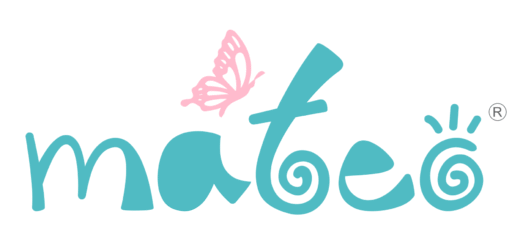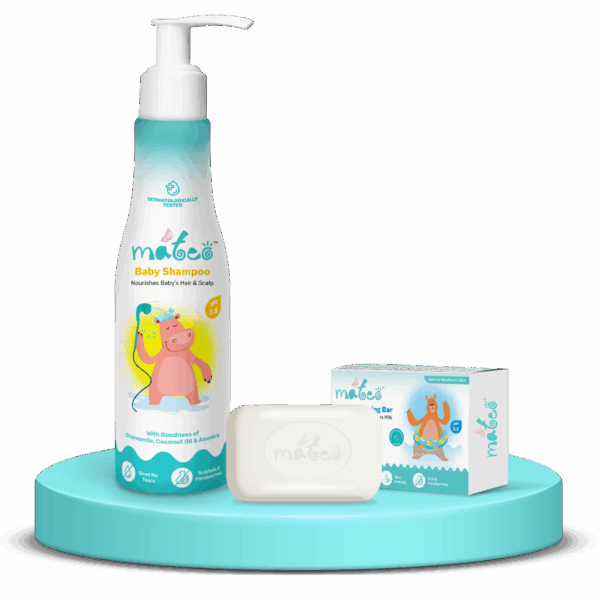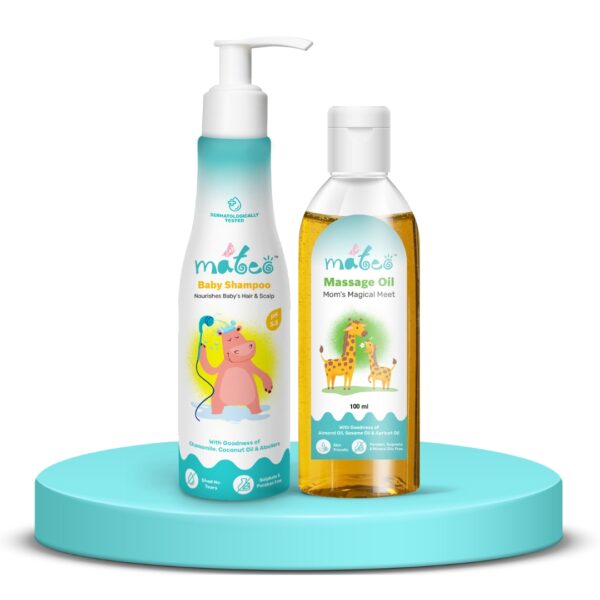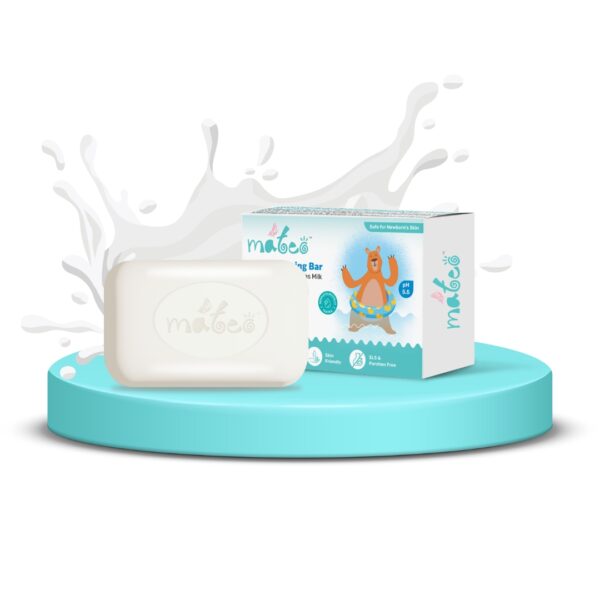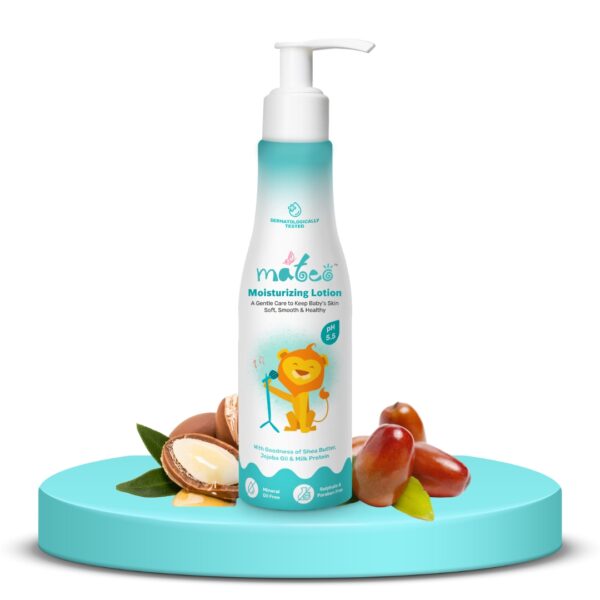Table of Contents
- Knowing Newborns are Fragile
- The Diagnostic Problem
- Sensibility of Treatment of Newborn Baby Care
- Fever and Pain
- The Doctor’s Call: A Wise Move
- Emphasis on Prevention
- Creating Comfort at Home
- The Virtue of Patience
- Final Reflections
- FAQs
During newborn baby care nothing strikes such fear in the heart of a mother as seeing her newborn infant fall ill. The slightest cold and suffering of a newborn sends us into panic mode, as we run to make sure everything’s okay. That’s why having a handle on cold and flu symptoms in newborns becomes crucial through those uncertain moments.
Knowing Newborns are Fragile
The birth of a baby is cause for great celebration, but it also means an extreme responsibility period along with extra vigilance in the parental roles. Particularly when it comes to their health & safety in babies. In particular, newborns under the age of three months have immune systems that are not yet fully developed. As a result, they are very easily afflicted with all kinds of diseases in newborns. Therefore we must be careful and try to take action when the first signs of a cold or flu symptoms in newborns appear.
The Diagnostic Problem
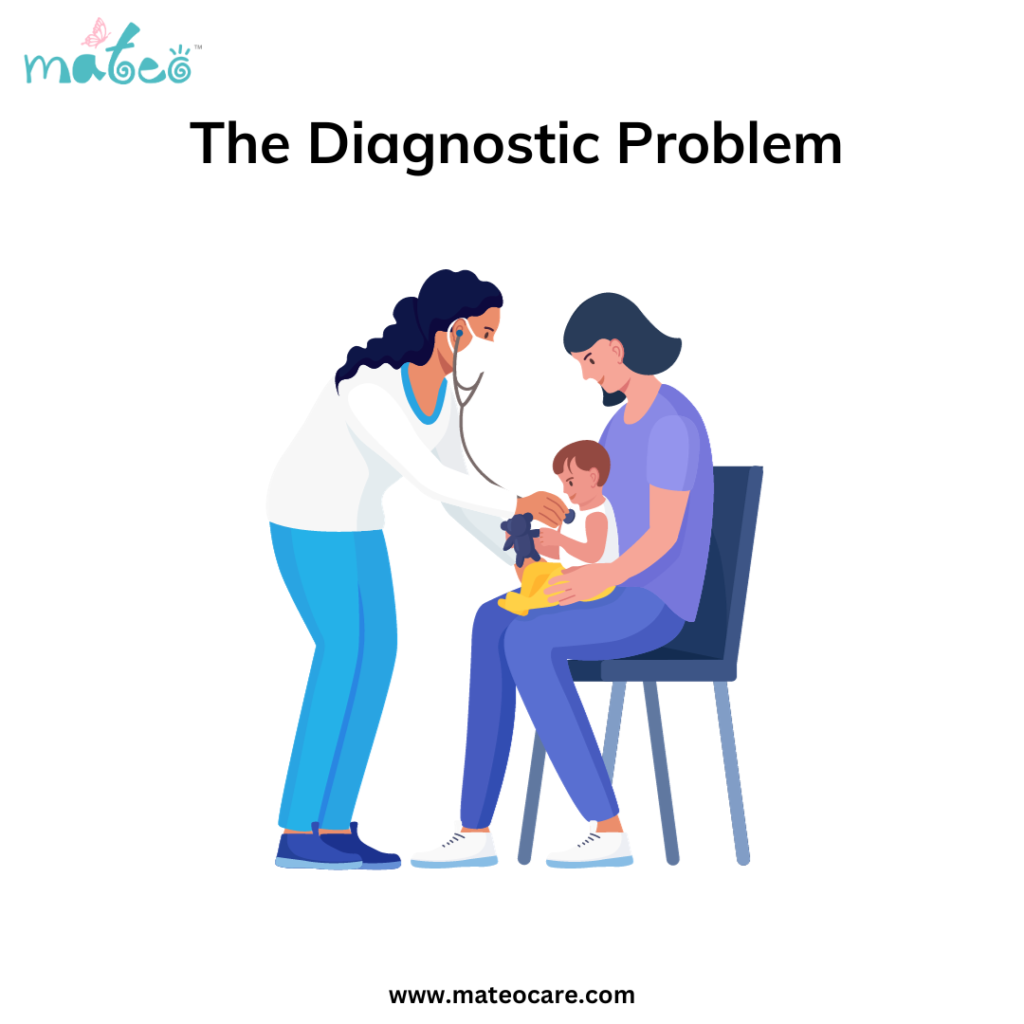
However, the problem is distinguishing between cold and flu symptoms in newborns and serious illness. This uncertainty is unsettling to a parent. But seeking medical advice, especially if the baby is less than three months old, is essential. At this tender age, in particular, fever demands prompt attention: It might be merely an infection but could also indicate something more serious.
Sensibility of Treatment of Newborn Baby Care

Because there is currently still no suitable cure for the diseases in newborn children, parents might feel powerless. Nevertheless, there are ways of lessening their unease. Normalising adequate fluid intake, gently sucking nasal mucus out of the nose and maintaining a humid environment are small details. On the other hand, it’s important to point out that over-the-counter drugs aren’t suitable for newborn baby care because of their undesirable side effects.
Fever and Pain
Though fever-reducing drugs do not attack the virus itself, they can help relieve your children’s discomfort. When used according to recommended guidelines, acetaminophen and ibuprofen may bring relief. However one must strictly adhere to the dosage instructions, and aspirin should never be given to children.
The Doctor’s Call: A Wise Move

If you are not sure about your baby’s well-being, asking the paediatrician is reasonable. A cold can mask itself as other illnesses: The flu, croup and pneumonia all present similar symptoms. Home diagnosis isn’t always easy. Thanks to timely professional intervention, worried parents can receive a proper evaluation and guidance.
Emphasis on Prevention
If no safeguard can provide absolute protection, various procedures exist to reduce the danger. By taking the role of shield, breastfeeding not only provides antibodies but also reinforces a newborn’s ability to resist infections. Moreover, good hygiene and avoiding the sick can help maintain a healthier environment.
Creating Comfort at Home

Caring for a baby with the cold means creating soothing conditions. Strategies to ease discomfort include encouraging generous consumption of fluids, using saline drops for nasal congestion and the use of a cool-mist humidifier. But it’s crucial to stress again that self-medication should be avoided at all costs, as well as taking medications off the shelf without a doctor’s prescription.
The Virtue of Patience
The duration of a cold in newborns is important to understand. In general, the symptoms last about two weeks, a period that requires patience and careful attention. At this stage, the infant’s still developing immune system learns and adapts to defend against viral invasion.
Final Reflections
In the world of one’s health & safety in a baby, shrewdness and sensitivity are necessary. But when in doubt you must ask for professional help. Each sniffle, cough or fret may make parents anxious, but more often than not it is a tribute to the fighting spirit of these little soldiers. From the vigilant yet compassionate tender guardian to countless embraced cuddles and coos, these are what go into nurturing a healthy little one.
Frequently Asked Questions
1. How do I distinguish between a cold and something more serious in my newborn baby?
It’s hard to tell the difference between common cold symptoms and serious illness. But some indicators, like infant fever younger than three months old, require immediate attention. A paediatrician’s diagnosis and guidance are needed for a correct assessment.
2. How should I go about soothing my baby, who has a cold or flu?
The newborn has no cure for the common cold, but there are some ways to ease any discomfort. To ease congestion, it is necessary to keep fluids up and often suction the nasal mucus gently; an environment with adequate humidity also helps. Saline drops are especially useful. Yet, don’t take over-the-counter medications without consulting a professional.
3. How long is it before cold symptoms get better in this baby, and when should I go to the hospital?
Typically, cold symptoms in newborns can last up to two weeks. But if you worry about your baby’s health, or the symptoms become serious as fever and difficulty breathing–you must immediately see a paediatrician. Proper assessment and peace of mind for worried parents are provided by professional guidance.

Nivethitha Sridharan
Nivethitha is a mother of two children and has a great interest in writing as an experienced mother. She publishes educational and interesting articles on baby care and also assists parents in selecting the finest baby products for their baby’s skin and well-being. She focuses on infant skin care and health issues. She also provides suggestions and guidance on baby care and avoids common skin disorders in newborns. Nivethitha likes studying and writing about new and innovative ideas that might assist people in finding solutions to their problems. She feels that content writing is an effective means of communicating thoughts and information to the world.
-
Baby Shampoo & Cleansing Bar (Combo Pack)
Add to basket₹580.00 -
Baby Shampoo & Massage Oil (Combo Pack)
Add to basket₹590.00 -
Baby Shampoo & Rashfree Cream (Combo Pack)
Add to basket₹575.00 -
Mateo All in One Pack
Add to basket₹1,700.00 -
Mateo Baby Cleansing Bar
Select options₹185.00 – ₹740.00 -
Mateo Baby Shampoo
Select options₹395.00 – ₹1,185.00 -
Mateo Massage Oil
Select options₹195.00 – ₹780.00 -
Mateo Moisturizing Lotion
Select options₹350.00 – ₹1,050.00 -
Mateo Rashfree Cream
Select options₹180.00 – ₹720.00
